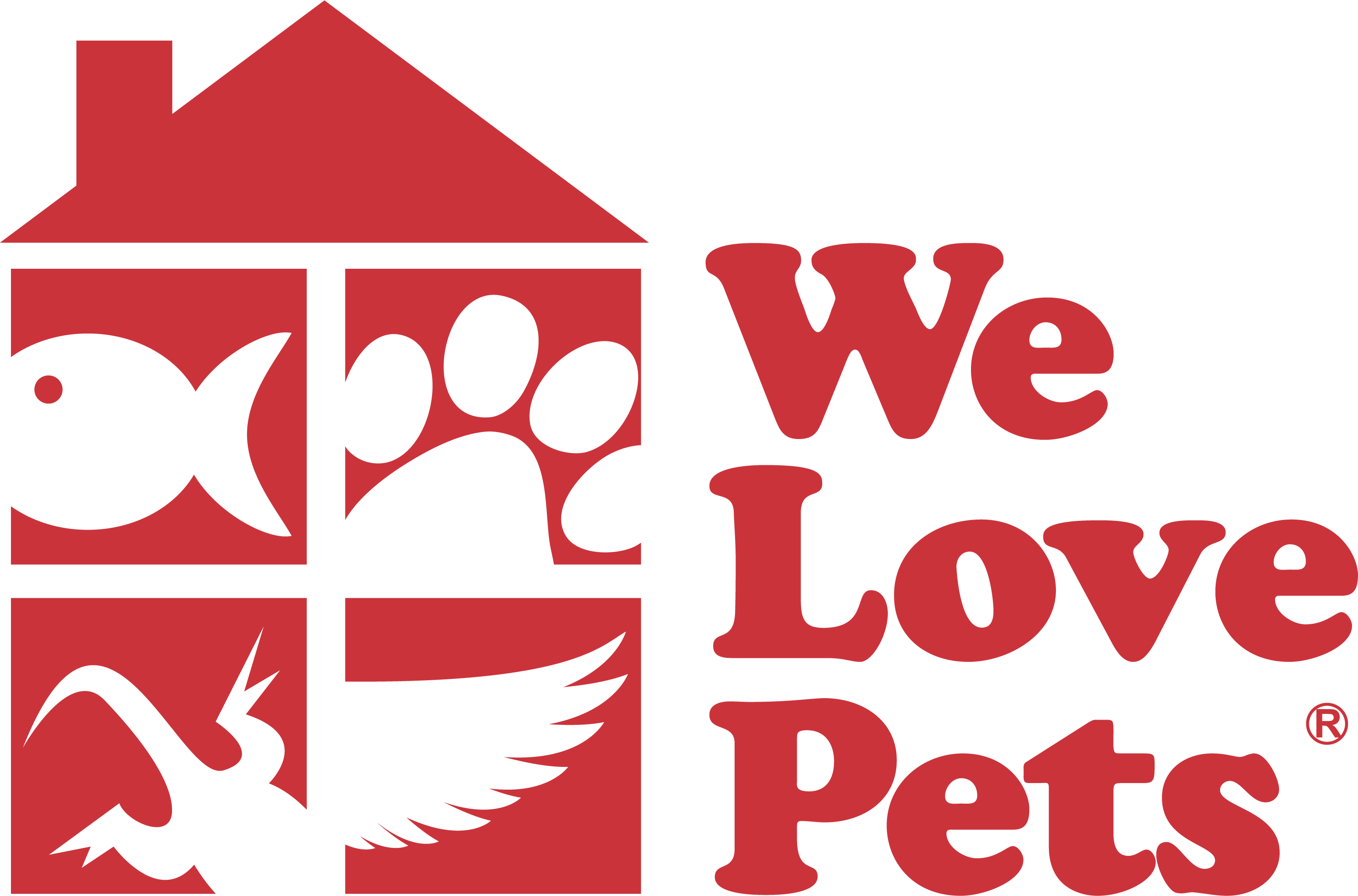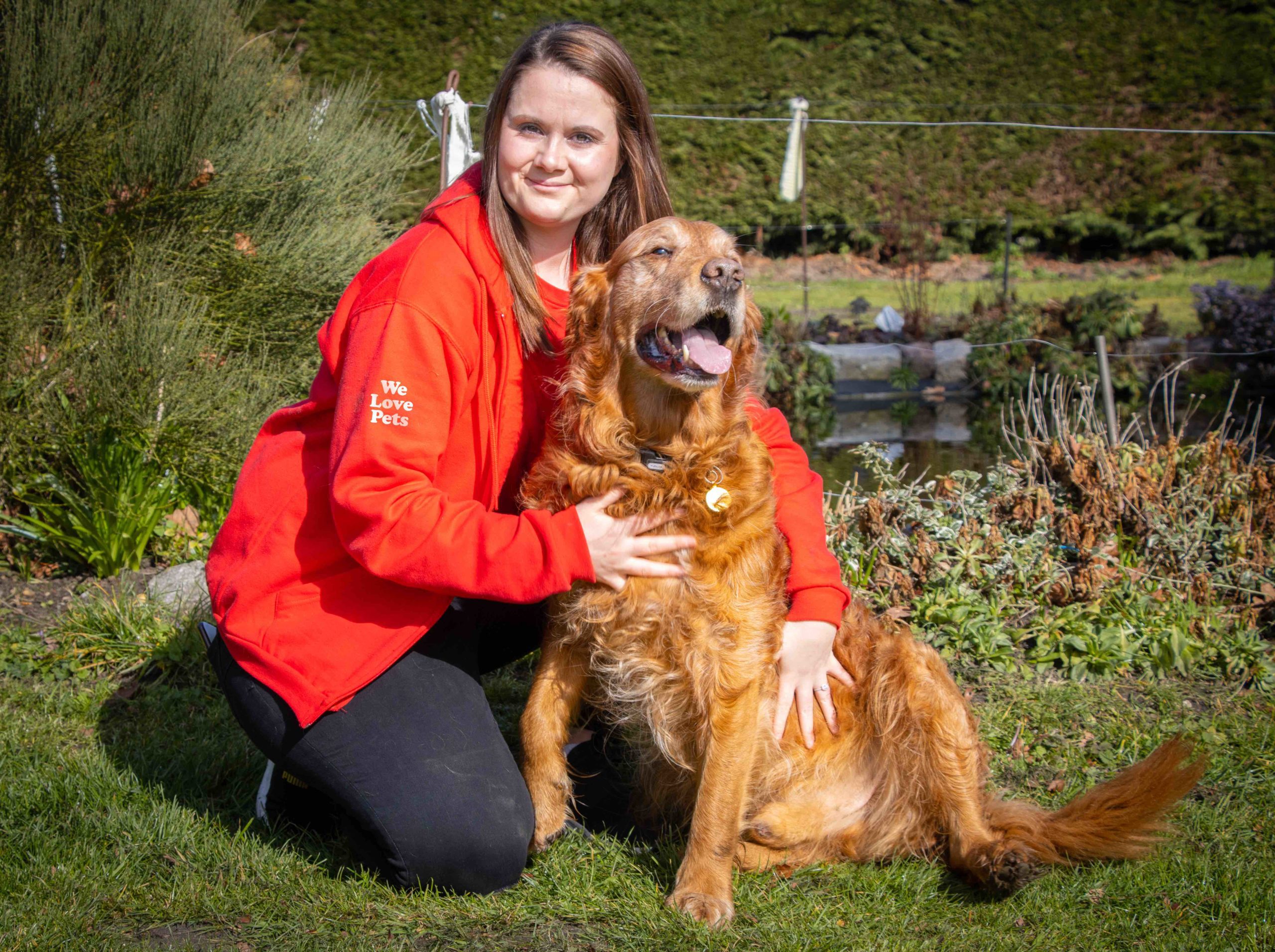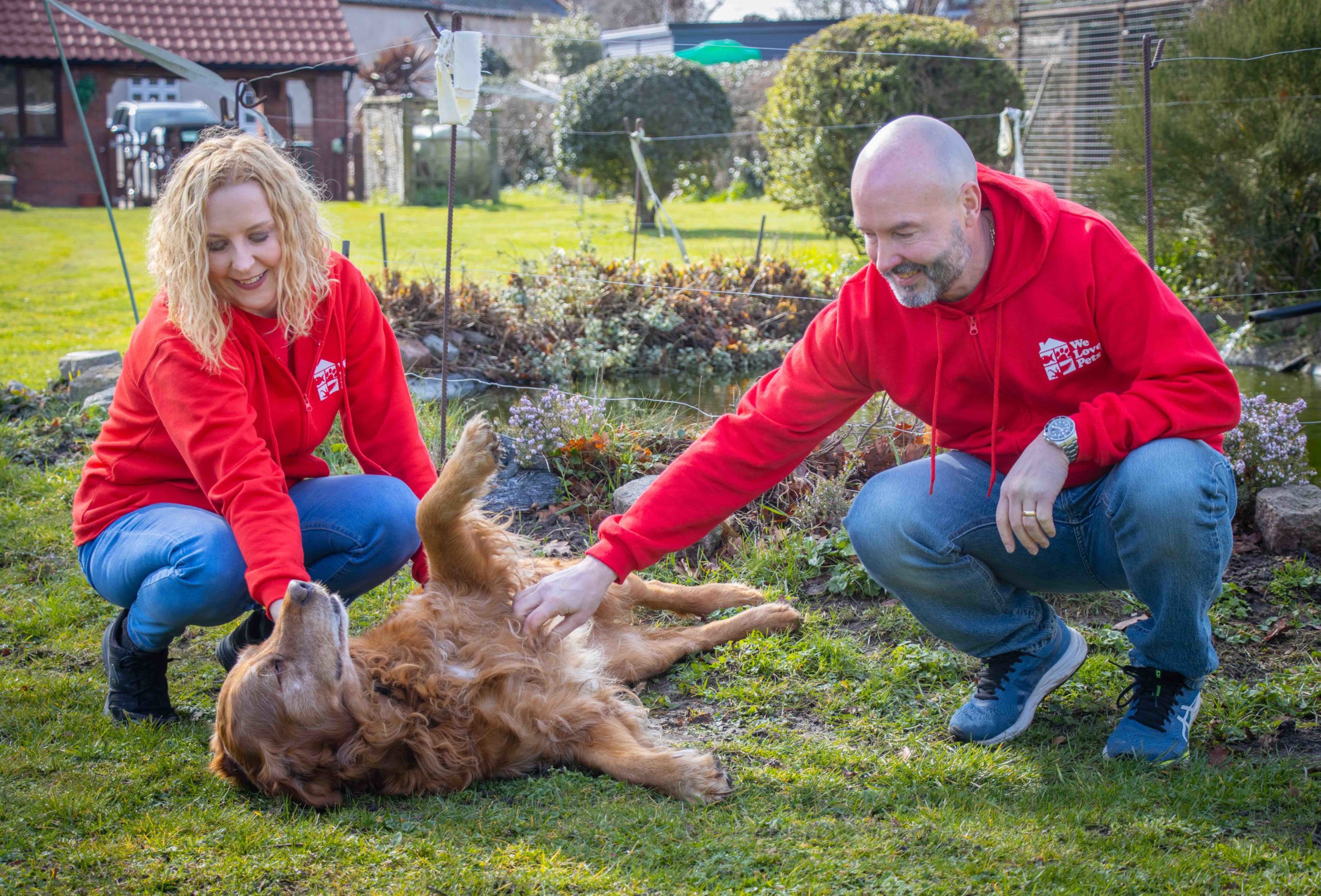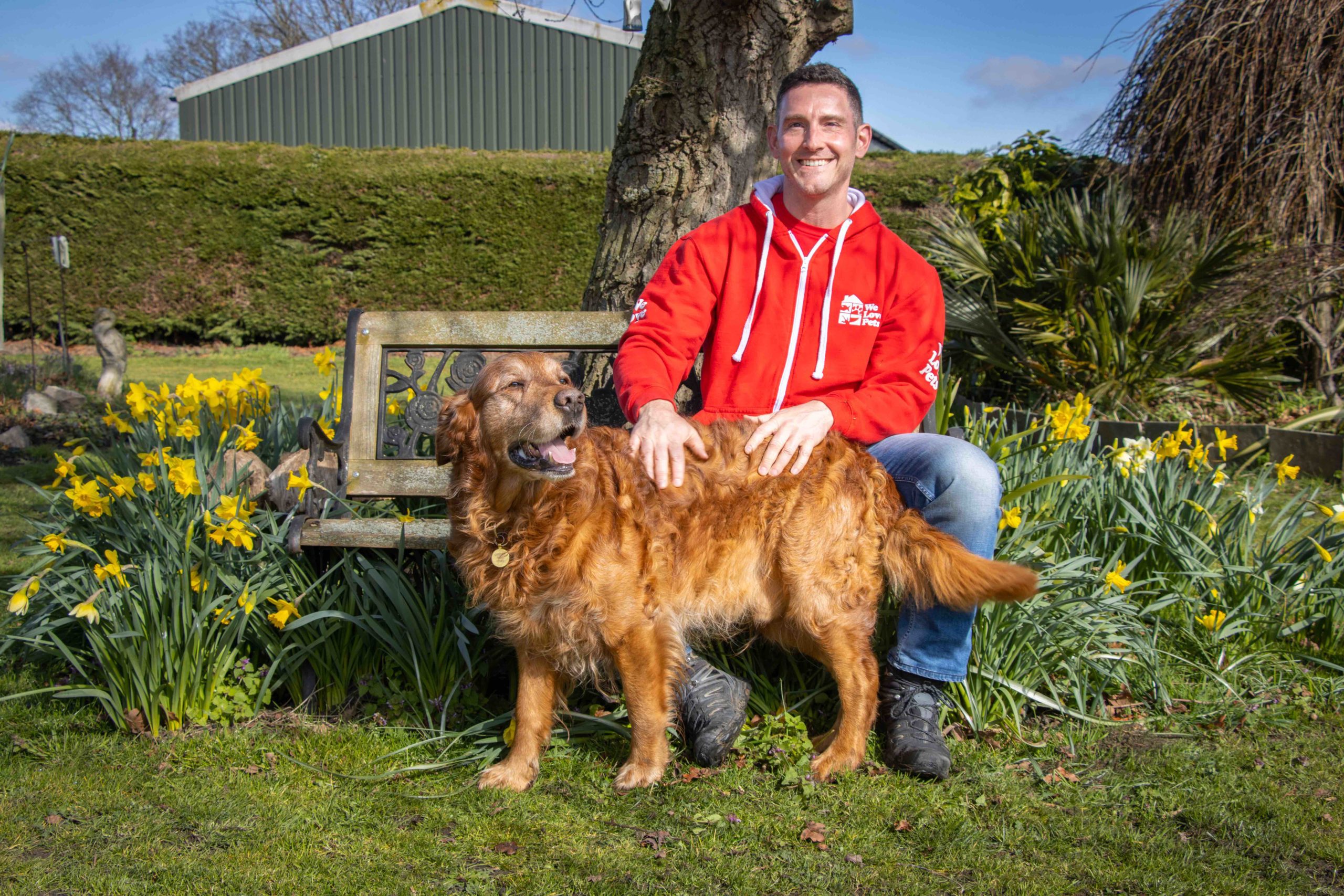Written by Dr Craig Waldron, Behaviour Vet
Feeding dogs ice cubes is a great way to keep them cool on a hot summer’s day but we’ve heard on the Internet that it could cause bloat. Dr Craig Waldron tells us all about bloat and whether we can give our dogs ice cubes.
What is bloat?
‘Bloat’ is more often used to describe a condition in which the stomach distends – gastric dilatation (GD). And there are also numerous other causes of abdominal (‘tummy’) bloat. ‘Bloat is caused by the accumulation of gas within the stomach, we all get it, but for dogs it can be more serious. In some cases; it can prevent the escape of air by twisting the stomach, resulting in increased pressure within the stomach and then shock. It can be very quick in onset, and is often fatal. This is known as gastric dilatation-volvulus (GDV).
Ice cubes and bloat
There are many stories on the internet in which a dog (or dogs) were given ice cubes / ice water, and then went on to develop ‘bloat’. However, I can only find these references on non-professional platforms, and often on forum sites. I cannot find any verified sources of the case(s) that is rumoured, and more significantly, I cannot find any academic references linking the ingestion of ice cubes or ice water to ‘bloat’.
The articles that link ingestion of ice cubes / ice water with ‘bloat’ on the internet often speculate that the cold temperature may have caused muscle spasms in the stomach, which then result in ‘bloat’. However, I can find no reliable evidence to verify this postulation; equally, I cannot rule it out, especially as the condition of ‘bloat’ is not well understood, and it is certainly multi-factorial, and may vary from dog to dog.
Treating bloat
All cases of abdominal ‘bloat’ should be treated as serious until proven otherwise. A dog with a serious instance of bloat typically presents with a progressively distending tummy; non-productive retching, drooling, panting and restlessness, progressing to collapse, but not all cases are the same. It is painful and some dogs adopt the ‘praying’ position to seek comfort. If you ever suspect a dog has bloat, you should treat this as an emergency, and contact a veterinary clinic promptly.
This condition most commonly occurs in larger breed dogs, and there may be a hereditary component. There are many factors that are reported to be associated with the condition, including stress, over-eating / over-drinking, and exercise before / after eating – this list is by no means exhaustive, and is beyond the scope of this article, but please discuss this condition with your veterinary surgeon if you would like to find out how to reduce the risk in your dog, or dogs under your care.
Reducing the risk of bloat in your dog
But some other ways to minimise the risk include:
- Avoidance of once daily feeding
- Avoidance of rapid eating
- Avoidance of exercise before or after eating
- Avoidance of consumption of large volumes of water / food
So can I feed my dogs ice cubes?
I know that dog owners do give their dogs ice cubes with no apparent ill effect, and dogs will also eat snow, again, without apparent detriment. And it does seem unlikely that eating one or two ice cubes, occasionally, is likely to cause any ill effect in a dog, although it would certainly be prudent to avoid letting them eat too many ice cubes, or to drink ice cold water at all. However, with a condition like GDV that is potentially fatal, it may be best to err on the side of caution, and avoid ice cubes and ice water altogether.




